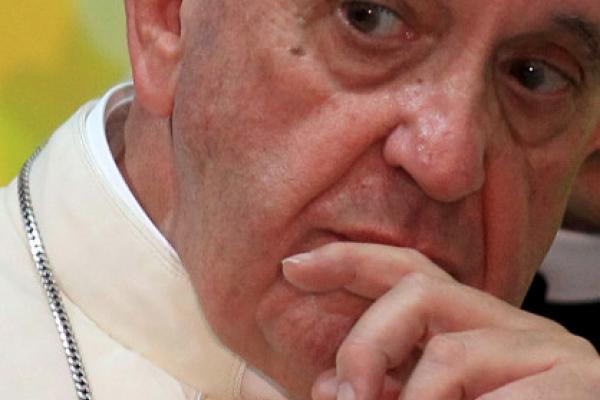Oct 1, 2015
On his first full day of the visit, Francis praised U.S. bishops for their “courage” in facing the difficult moments of the explosive clergy abuse scandal “without fear of self-criticism and at the cost of mortification and great sacrifice.”
Listeners, however, were shocked, mindful that the church has spent hundreds of millions in settlement payouts — often after years of protracted legal fights — to compensate for decades of bishops who protected, even promoted, abusive priests.
He sounded “tone-deaf,” said Vatican expert the Rev. Thomas Reese.
Read the Full Article

Already a subscriber? Login
